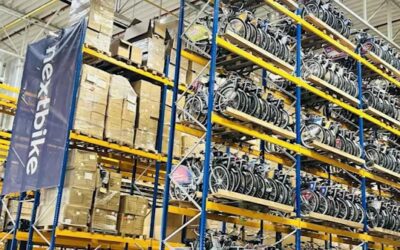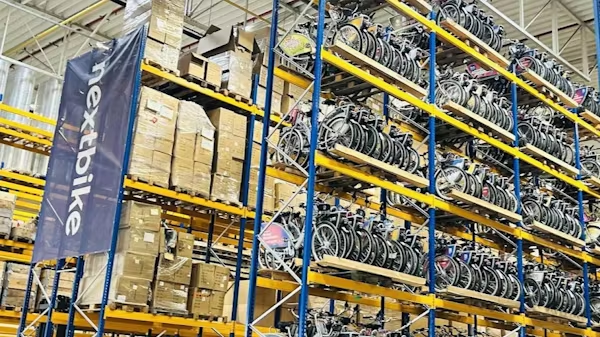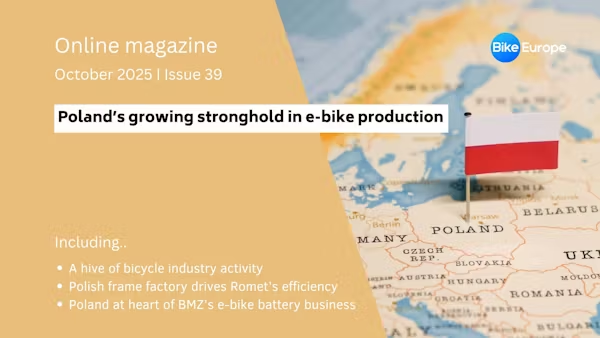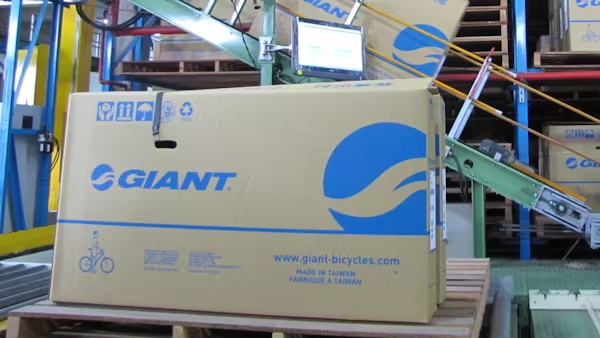Cycling Under Suspicion: The E-Bike Customs Fraud Unveiled
In a surprising twist for bike enthusiasts and the cycling community, recent reports reveal a significant customs fraud case involving Chinese e-bikes within the European Union. Dubbed “Operation Calypso,” this investigation brings to light a network that allegedly evaded import duties, raising both eyebrows and concerns about the integrity of the e-bike market.
The Details of Operation Calypso
Launched across several EU member states, Operation Calypso has revealed an intricate scheme designed to bypass customs duties on imported e-bikes. Authorities estimate that the damage incurred from these fraudulent activities could amount to a staggering €700 million. While specifics on how much of this figure directly relates to e-bike fraud are still unfolding, the implications for the cycling industry are profound. This situation not only affects financial revenues but might also impact local bike shops and manufacturers reliant on fair business practices.
The E-Bike Market Boom
E-bikes have changed the cycling landscape, making biking accessible to a broader audience. As the popularity of electric bicycles skyrockets, so does the risk of counterfeiting and fraud. The global e-bike market is experiencing exponential growth, with innovations in technology and design making bikes smarter and more user-friendly than ever before. Yet, as demand increases, so do the temptations for unscrupulous practices like those revealed in this fraud case.
The convenience and appeal of e-bikes can’t be overstated; they offer a perfect blend of exercise, commuting, and leisure. As more riders take to the streets on these electric steeds, it is crucial to remain aware of where they’re sourced from and their journey to market.
What This Means for Cyclists
For cyclists, this revelation raises several important questions. Will fraudulent practices affect the quality of e-bikes flooding the market? What does this mean for future regulations on imports? Despite the potential setbacks, dedicated cyclists shouldn’t despair. Instead, it’s a chance for us to advocate for transparency within the industry. Choosing reputable brands known for ethical sourcing passes on the message that cyclists care about more than just price — we value quality, integrity, and sustainability.
Additionally, when purchasing e-bikes, look for certifications and reviews that assure you of the product’s authenticity. Researching manufacturers and supporting local brands can ensure that we contribute to the healthy growth of the cycling industry.
Conclusion: Riding Towards a Transparent Future
As more information surfaces from Operation Calypso, the cycling community must remain alert and informed. This situation presents a valuable opportunity to not only reflect on our choices as consumers but also to support fair practices within the booming e-bike industry. Whether you are a seasoned rider or just getting started, let’s ride forward with a commitment to transparency and integrity. The cycling world may be evolving, but let’s ensure that it does so on a foundation built on trust.
Original article: Click here











